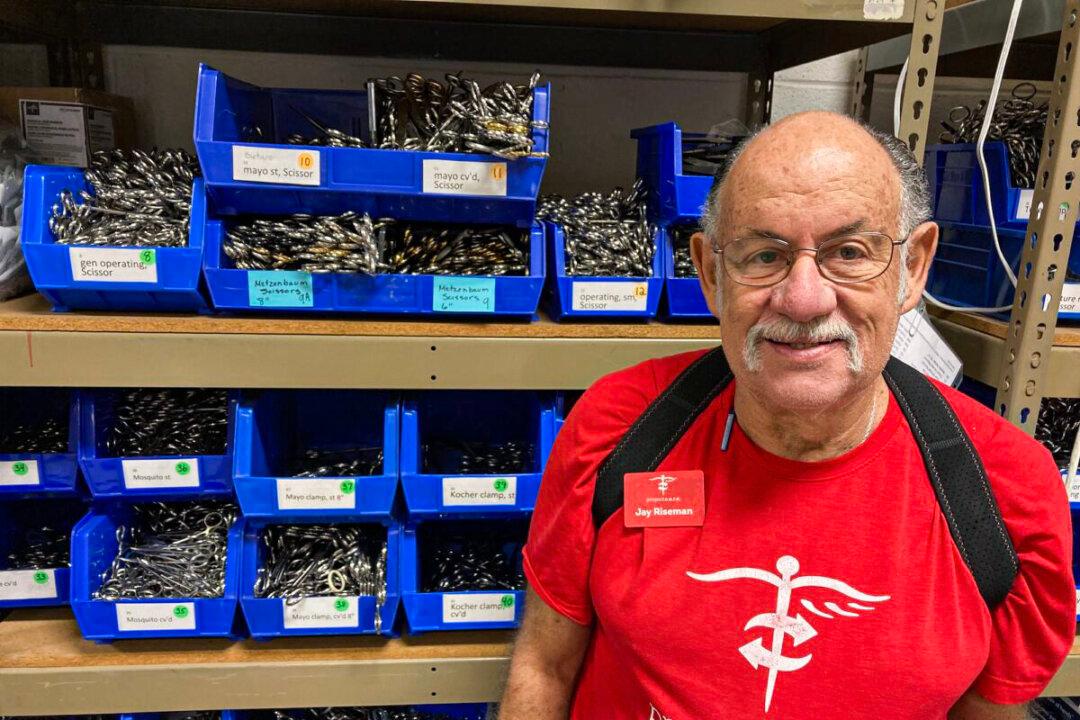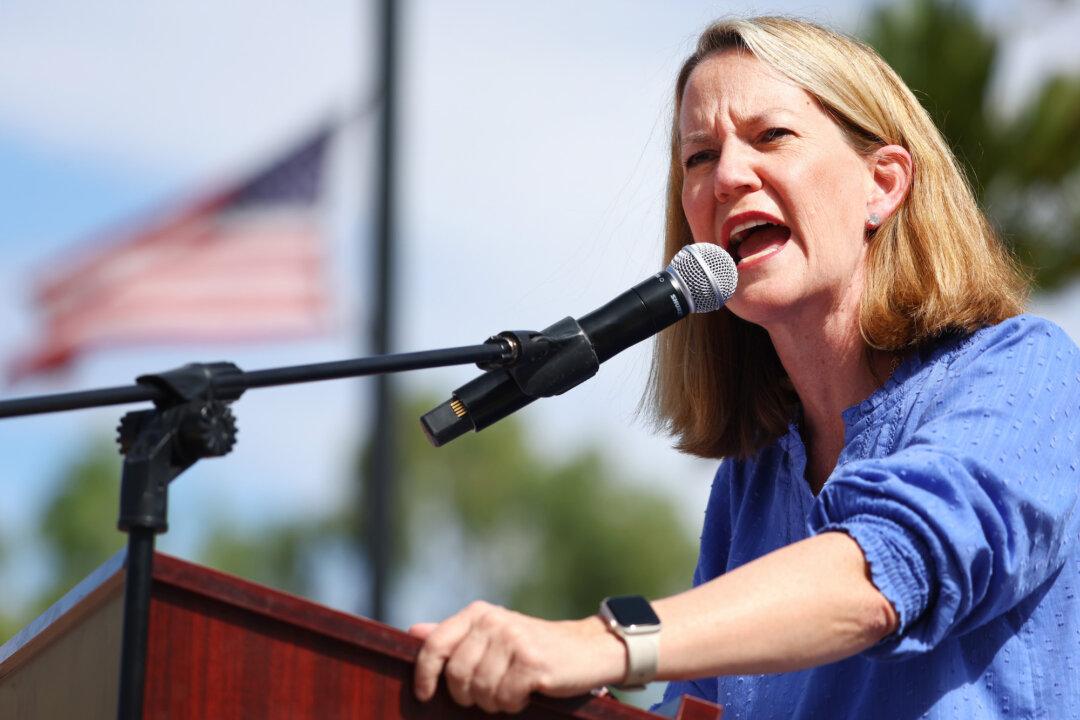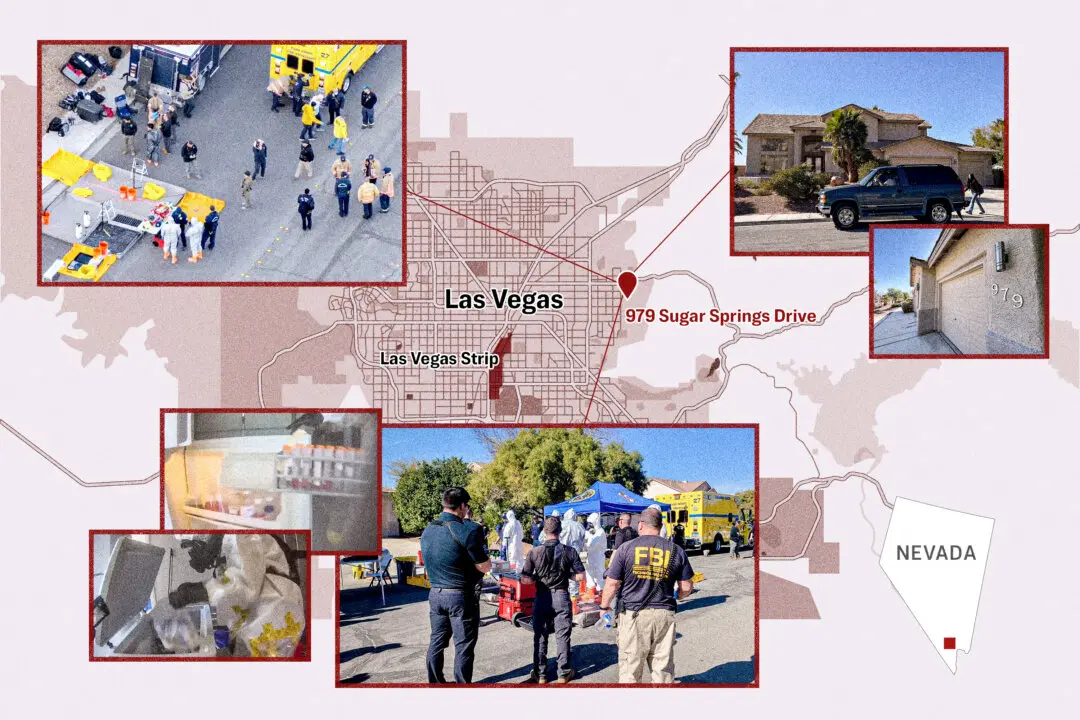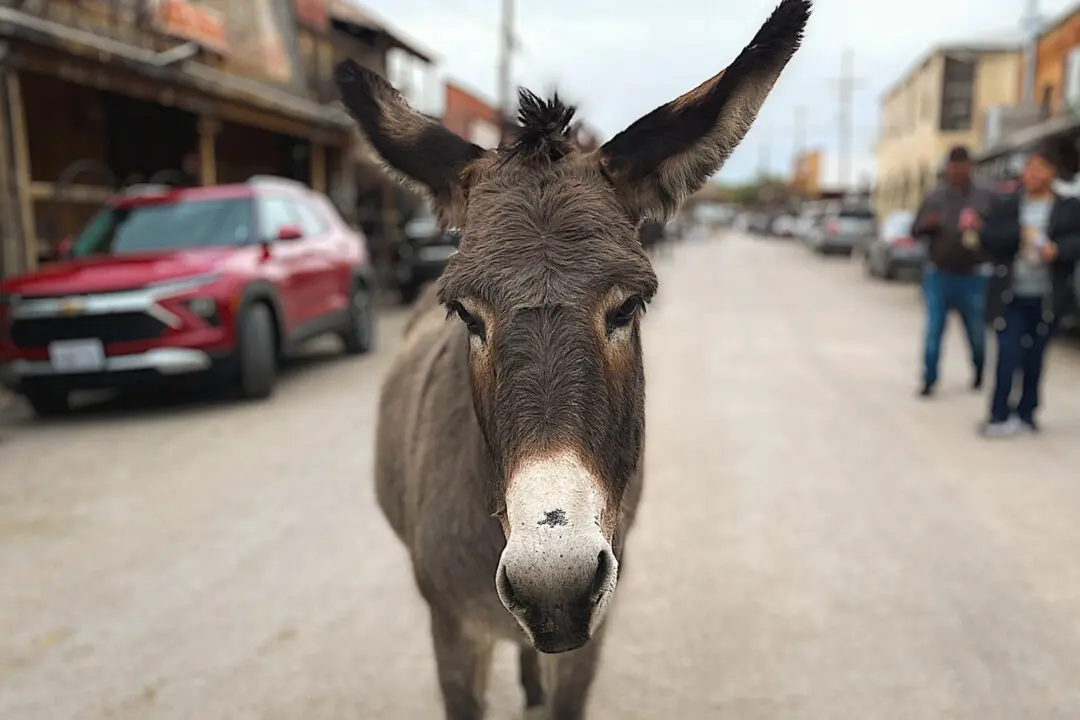PHOENIX, Ariz.—Over the past 30 years, retired surgeon Jay Alan Riseman has been to 11 countries as a medical volunteer, but never has he seen a greater need than in Ukraine.
“Much greater,” said Riseman as he prepared boxes of donated surgical instruments at Project CURE’s (Commission on Urgent Relief and Equipment) Phoenix location, where he and his wife Mary are regular volunteers.





